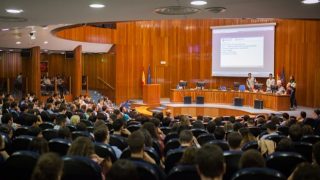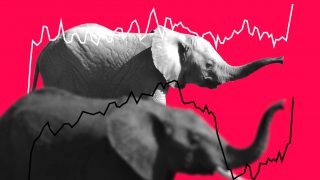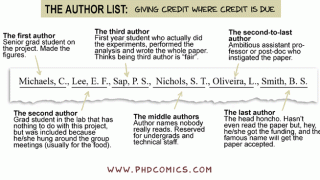
The costs of going green
A tax on carbon emissions is an efficient way to make firms and consumers internalize the environmental costs due to climate change. However, there are many other aspects to consider in a transition from a fossil-fueled economy to a cleaner one. In a past article we presented the case for subsidies on research to develop […]








